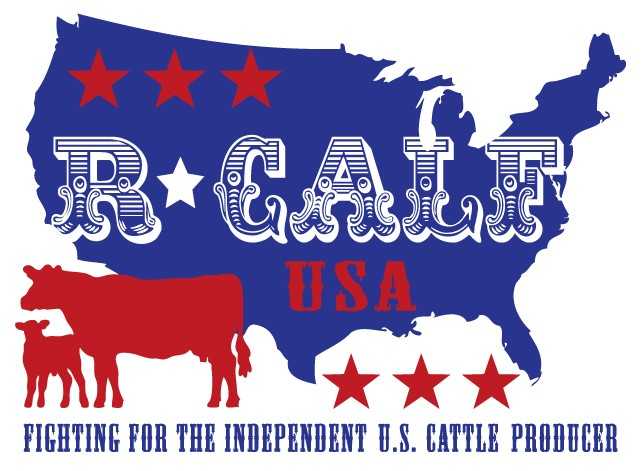![]()

In his May 1 opinion in Drovers, “Protectionism and Principles (Or Lack Thereof),” Nevil Speer opines that protectionism is bad and preventing trade in goods between countries is what he means by “protection.”
But who is advocating for the curtailment of trade between countries? It isn’t R-CALF USA. To R-CALF USA, trade is not an end in itself; but rather, it’s a means of acquiring goods we can’t or don’t produce domestically and providing goods abroad that the recipient country can’t or doesn’t produce.
Just as economists often assume that “perfect competition” exists within an industry when evaluating potential effects of a new policy proposal, here I’ve described “perfect trade” that results in a win-win for both trading parties.
But perfect trade only exists between the import and export of certain goods. The purchase of bananas from and sales of beef to the Philippines is an example.
Importantly, we recognize that most trade is imperfect and can be both beneficial and detrimental to the wellbeing of our U.S. cattle and sheep industries. And it is the detrimental effects of trade policy that we fight to reform so as to maximize trade’s potential benefits for our members.
For example, among the thousands of cattle producing members of R-CALF USA are those participating in the Non-Hormone Treated Cattle (NHTC) Program that enables them to export beef derived from their cattle to the European Union, and they receive a handsome price premium on their cattle for doing so. We also have members who couldn’t get a bid to sell their cattle for many weeks because the beef packers were choosing to slaughter lower cost imported cattle from Canada and Mexico.
But Speer uses the state of Montana to make his point that globalism’s free trade is good for all, asserting that such trade equals about $3B in economic impact for Montana (though he doesn’t mention the countervailing impact of imports).
However, in my first article (column 1) I demonstrate that the U.S. maintains a persistently huge deficit in the trade of cattle and beef and this deficit has proven detrimental to U.S. cattle producers. In column 2, I provided a case study on the impacts of imported cattle in the Pacific Northwest that showed alarming declines in the number of domestic beef cattle operations and beef cows. And in column 3, I showcased the U.S. sheep industry as the first U.S. livestock sector to be decimated by unregulated imports.
Now back to Montana. I charted the declines in the number of Montana beef cow ranches and beef cows, and sheep ranches and sheep during the period when the U.S. was neck deep into this failed globalist experiment called free trade (meaning unregulated trade between countries). This period coincides with Speer’s Montana chart. Below are the results.

| So, while Speer basks in what he calls a free trade win for Montana’s cattle industry, Montana lost over 3,600 beef cow ranches, nearly 214,000 beef cows, nearly 1,400 sheep ranches, and nearly 437,000 sheep. How many billions of dollars in economic activity has Montana surrendered from its combined loss of nearly 5,000 beef cow and sheep ranches just to have a seat at the globalists’ table? This is why Montana’s rural communities have been continuously hollowed out. Importantly, any economist worth his or her salt will recognize these long-term, downward trending charts as predictive for the future. It’s time to face the music. If the U.S. does not take corrective action to prevent excessive imports from reducing profitable opportunities for U.S. cattle and sheep producers, their exodus will be continual and our nation’s food security will be imperiled. Oh, and about retaliation: Since when does the big bull in the pen cower to a snorting yearling? The U.S. simply needs to stand up and do what’s right for our domestic cattle and sheep producers. This op-ed first appeared on Drovers.com. Bill Bullard is the CEO of R-CALF USA, the nation’s largest nonprofit trade association exclusively representing U.S. cattle producers in the multi-segmented beef supply chain. Bullard’s photo is available here. |
| Ranchers Cattlemen Action Legal Fund United Stockgrowers of America (R-CALF USA) is the largest producer-only lobbying and trade association representing U.S. cattle producers. It is a national, nonprofit organization dedicated to ensuring the continued profitability and viability of the U.S. cattle and sheep industries. Visit www.r-calfusa.com or call (406) 252-2516 for more information. |
